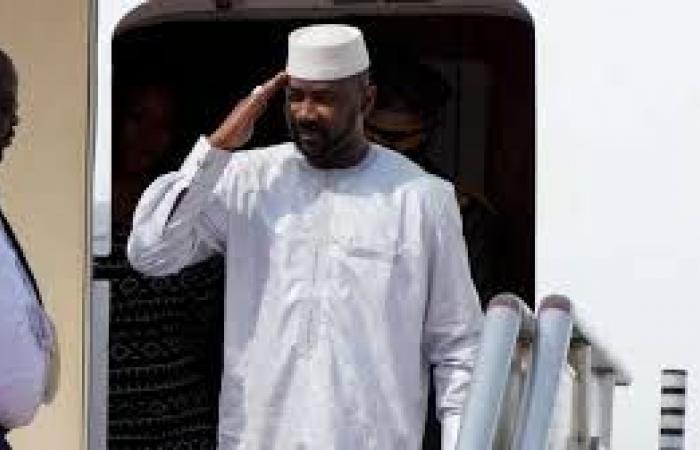Assimi Goïta will be President of the Republic and no longer president of the transition, “like his peers of the AES”, the Alliance of the States of the Sahel, mentions the press release, for a period of five renewable years, “from 2025”. The soldiers who run Mali have been in power since their coup d’etat in August 2020, almost five years ago.
No elections before “pacification”
The elections regularly promised and pushed back since this one will finally not take place, at least not before “the pacification of the country”. As a reminder, Mali has been at war for about fifteen years on several fronts: against jihadist groups of the support group for Islam and Muslims (Jnim, linked to Al Qaeda) and the Islamic State in the Sahel, as well as against the independence rebels of the Liberation Front of Azawad (FLA), due to the breakdown of the Transition Agreement. themselves.
Pending peace, the “current bodies” are maintained: mainly the National Transitional Council (CNT), with personalities appointed by the transitional authorities in place of the deputies, and the transitional government.
Dissolution of all parties
The consultations which have just ended, however, had the object of, officially, the only rereading of the Charter of Political Parties. The parties are not forgotten: they were concerned about an outright dissolution in preparation, and it is indeed one of the “flagship recommendations” presented by the prime minister.
All the existing parties currently would be dissolved, a deposit of 100 million CFA francs required for the creation of a new training, with the obligation to “have significant representations in the regions, the circles and the district of Bamako” which seems complicated without elections.
The parties may be suspended “in the event of a disturbance to public order”, a charge widely used in recent years by the transitional authorities to imprison too critical votes.
Also on the program: the abolition of public financing of political parties, the abolition of the status of “leader of the opposition”, the establishment of a ballot in a turn – the press release does not specify for what election, we imagine that it is the presidential election -, the payment of a deposit of 250 million CFA francs to be candidate for the presidential election or the prohibition to traditional and religious leaders as well as civil society members as well as civil society members as well as to be a candidate for an election or even to participate in an electoral campaign.
Is the term “transition” still valid?
If these recommendations are adopted, they will in fact establish a sustainability of the transition without elections – would the term “transition” be still valid? At this stage, these conclusions were transmitted to General Assimi Goïta, to whom it is now up to validate them. But the Prime Minister of Transition, General Abdoulaye Maïga, already believes that these recommendations “allow the country to move forward and turn the obscure pages of his history”. The suspense therefore seems limited.
The Malian political parties have been denouncing these “consultations” for several weeks already, perceived as a way for the military in power to maintain themselves there and to end democracy, under the guise of false popular legitimacy.
Rfi








